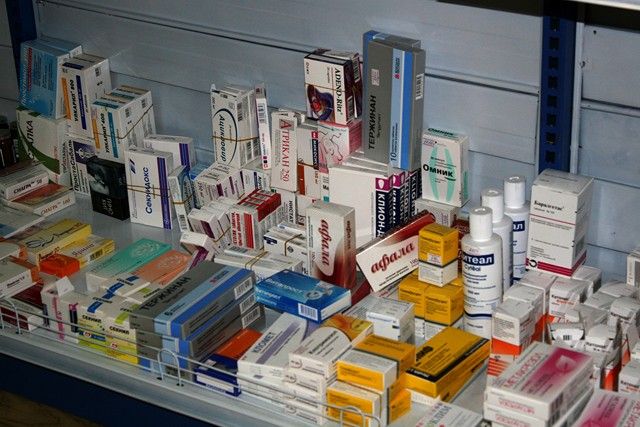BISHKEK (TCA) — Kyrgyzstan’s Healthcare Minister Talantbek Batyraliev has come under criticism, especially from Parliament members.
The causes for discontent can always be found in this sector, because problems have been accumulating for decades and they cannot be solved in a few years. Batyraliev has been minister since November 2014.
On February 21, MPs criticized Batyraliev for the absence of a method to form the Essential Medicines List.
Previously, the Healthcare Ministry revised this list and submitted for public discussion. According to the Ministry, the list lacked many drugs related to the international practice. This creates difficulties for access to proven effective drugs, even when hospitals and patients have the money to buy them.
“This is a purely medical list and MPs cannot tell doctors what medicine should be included in it. Corruption has been keeping the list without updating for six years,” said Bermet Baryktabasova, expert on evidence-based medicine at the Healthcare Ministry.
“We have included the most socially important and strong drugs and excluded stupid and useless ones — ‘dummies’ that were lobbied by some interested parties. The Essential Medicines List (EML) was revised in accordance with the similar list of the World Health Organization, 2015,” Baryktabasova added.
Resistance also comes from pharmacological companies that deal with the purchase and supply of counterfeit medicines. They are lobbying for the resignation of the health minister. At the Ministry’s initiative, the Department of Drug Supply is now headed by a specialist in financial intelligence, who is to find out where financial flows from the sale of medicines go. According to experts, in Kyrgyzstan, 80-100 billion soms are involved in the pharmacological business but only 13 billion soms go through the customs. That means that the rest of the medicines are smuggled and could be fake.
In Kyrgyzstan, drugs are expensive. After the collapse of the Soviet Union, the entire pharmaceutical market passed into private hands. There are monopolists who control this business which brings huge profits.
Good results
The Health Ministry’s activities were positive for the past year. The maternal and child mortality, as well as the incidence of tuberculosis, has been reduced in the country.
Several major projects have been launched, including the construction of a Kyrgyz-Turkish Clinic for New Technologies, which is being built with the assistance of the Turkish government. There is no analogue of this clinic in Central Asia.
The city hospital in Osh in the south of the country is constructed for a Chinese grant, and in May the construction will be completed.
For the first time in the years since independence, the construction of a perinatal center started last year. It is being built for a grant from the German government. The center will be equipped with modern European equipment and technologies. A Center for Emergency Medicine is being constructed in Jalal-Abad in the south of Kyrgyzstan. It is also planned to build a new anti-tuberculosis hospital in Bishkek. The existing building was built in the 1950s and since then it has not been reconstructed. All three hospitals will be established under a 10.5 million euros German grant.
The Islamic Development Fund is ready to finance the construction of a modern children’s hospital in Bishkek.
Causes of discontent
It seems that many in Kyrgyzstan do not like the independent healthcare minister who intends to change the outdated management system of the industry and fight corruption.
Many of those dissatisfied with the minister are among those whom he fired last year. According to Batyraliev, he dismissed several heads of medical institutions because they committed financial violations and theft, and currently their activities are being checked by law enforcement agencies.
In some medical institutions fictitious supply of drugs for huge amounts was revealed. For example, in the Bishkek maternity hospital #4, fictitious deliveries for 17 million soms took place. That means that the money was spent from the state budget but no drugs were received.
Some persons do not like that the Healthcare Ministry wants to control the grant money that goes to Kyrgyzstan so that it could be used effectively. According to the Ministry, 48% of the money coming from the Global Fund to fight HIV/AIDS and tuberculosis goes to sub-recipients, which are NGOs. The Ministry does not have the right to check their financial reports. Meanwhile the project has not been implemented in full. Therefore, the Ministry insists that the activities of any organizations dealing with the health of citizens should be under its control. Any grant money coming to Kyrgyzstan is the money of the country and it should be spent efficiently and transparently, Minister Batyraliev says.



